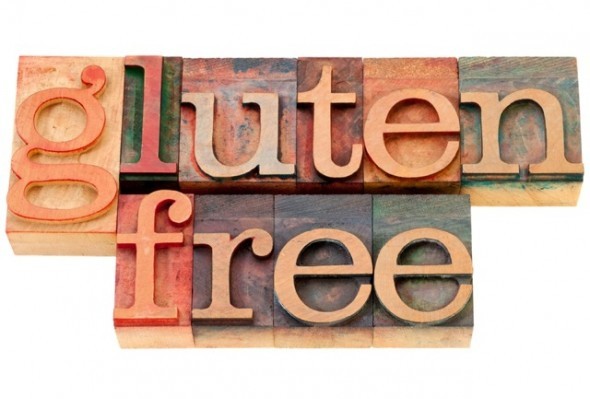13th March 2015
I’m 28 and just had my first child 8 months ago. I am still breastfeeding my daughter. We were trying for about a year before becoming pregnant. We want to have another child, but aren’t sure when we should start trying again, especially if it takes another year. Is it easier to get pregnant again once you’ve had a child already?
Written by our medical expert Dr. Beth Taylor, co-founder and co-director of Olive Fertility Centre, Vancouver, British Columbia. Congratulations on the birth of your daughter! When women breastfeed their body produces a hormone called prolactin. This hormone can prevent ovulation and thereby keep your periods away. The more you breastfeed the higher your prolactin levels […]



